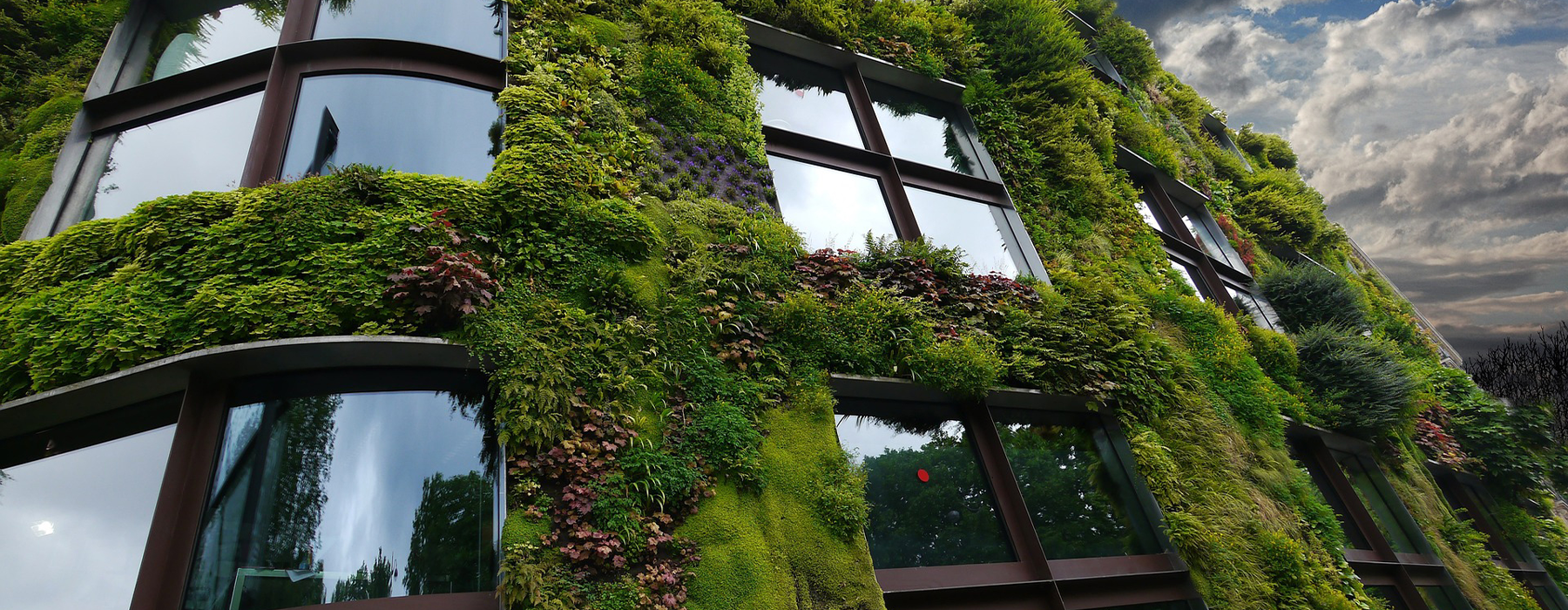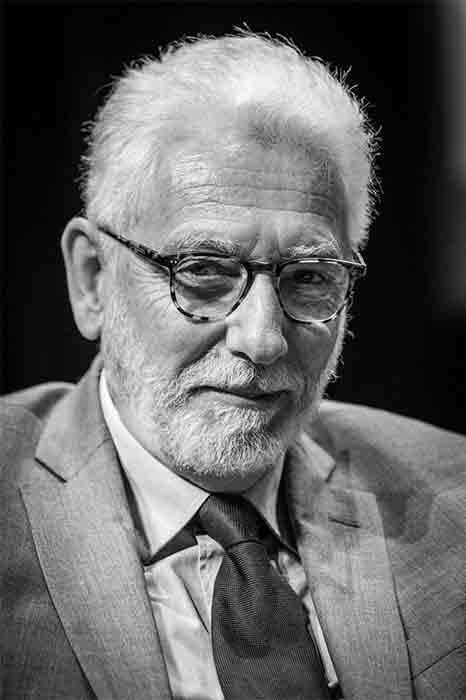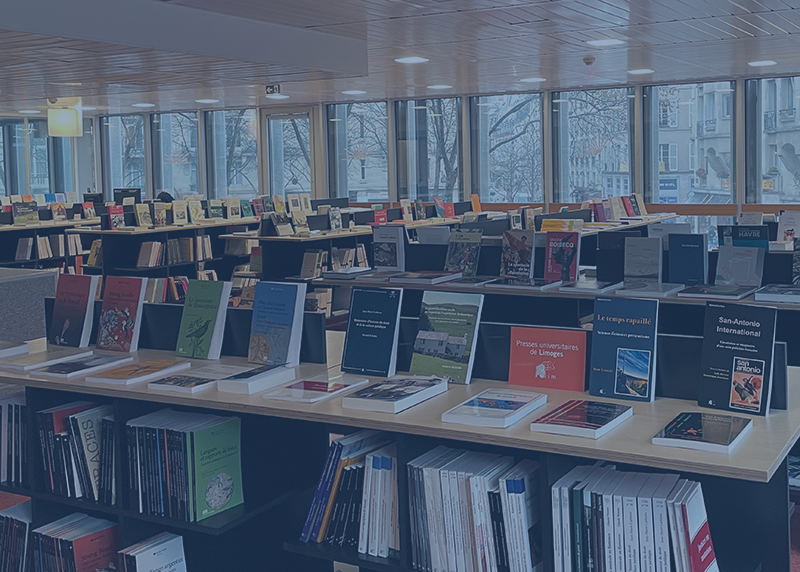Conference | Habitation in the twenty-first century. What place for the living world?


The conference "Habitation in the 21st century. What place for the living world?" will be held under the patronage of Philippe Descola, on 9 & 10 October 2024, at the Fondation Maison des Sciences de l'Homme.
Why is the idea of habitation in the twenty-first century no longer the same as it was in the twentieth century? Faced with the consequences of industrialisation, modes of study have changed radically, and new considerations—social, material, and ethical—have emerged.No other biological habitat is as invasive as the human habitat, and through its capacity for geological transformation it contributes to the notion of the Anthropocene. Its importance is both material and symbolic, because the “home,” thought of as Heimat, is a notion that is difficult to detach from that of identity. Rethinking its forms in the light of changes in the world and the reintegration of humankind into the living world is the goal of this conference.
This two-day conference will be held at the FMSH in October 2024, under the patronage of Philippe Descola.
Let's try to distance ourselves from everyday life, to be astonished and discover other ways of living the human condition, to adopt a critical attitude towards our own civilisation, and to generate doubts and knowledge to dream up other projects for society.

The conference will be organised around 4 themes:
Axe 1: Biosphere vs Anthropocene
Margaret Cavendish, Lamarck, Vladimir Vernadsky, Pardot Kines, James Lovelock... Many scientists have contributed to theorising the interactions between the biosphere and living beings, revealing the role of life in the development of the environments we know. But what can the Earth sciences still do in the face of human influence? At a time when geology considers human activity as the dominant constraint, in the face of all the other natural forms that have prevailed, how can we think about the impact of humankind on Earth? And what about the impact of the Anthropocene on humankind itself?
The last few decades have seen the first warning signs of the consequences of the industrial era for all living things. What about humankind? What place can we reasonably (re)take in the system of living things, among other animals, and how can we learn from them to build a balance?
Food for thought:
- Tracing the history of ideas about the biosphere
- (Re)linking humankind and nature
- Rethinking animal and plant ethics
- Taking inspiration from animals
- Assessing the impact of the Anthropocene on the future of species
- Deciphering the need for nature
- Towards a new cosmology?
Axe 2: Crises, rejection, new sociabilities
With climate change, the occupation of land is inexorably changing. Violent climatic events (droughts, floods, storms, etc.), which render part of the territories currently occupied unfit for habitation, are leading to the displacement of populations and a new division of space.
How can we plan for the flow of people, climate refugees who will inevitably cross borders to seek refuge?
And how can we rethink living together in a world where the space available for living and growing crops will shrink, forcing populations that had little in common to mix? What will become of the traditional Western model of the nuclear family, and what new ways of living can be proposed (community housing, flatsharing, intergenerational flatsharing, etc.)? Finally, is it utopian to imagine that such a world is possible?
Food for thought:
- Leaving everything behind in the face of the storm: climate refugees
- Examples of the integration of climate refugees
- Limits of smart cities
- New ways of living together
- The city and mental health
Axe 3: New urbanism - new materials?
While putting humankind back into its natural context is essential if we are to change the image we have of its place within the community of living things, the second stage involves rethinking, in practical terms, its habitat. By 2050, seven out of ten people will be living in urban areas: So how can we think about both adapting existing cities and creating new urban spaces? Between a policy of “zero net artificialisation” and depaving, between the need to rethink transport and waste management, revegetation, biomimicry, and taking account of global warming, what might the ideal city look like, and how can it be implemented technically?
The presentation of best practices, replicable initiatives, new materials, and ways of thinking about the city are the impetus for a new urbanism.
Food for thought:
- New building materials
- Durability of materials
- Political constraints/constraining politics
- Nature as a model for the city?
- Cohabitation between species
Axe 4: Imaginary worlds
From utopia (dreaming of a better future) to dystopia (envisaging the worst-case scenario) to the metaverse (as a refuge or an outlet), the imaginary is designing plausible worlds for tomorrow. Somewhere between a thought exercise and a genuine digital experiment, the human brain - both the creator's and the scientist's - has set about imagining the future of humankind and its environment.
On the one hand, science fiction offers many facets of potential futures. From Robert Silverberg's The World Inside to Hugh Howey's Silo, not forgetting Soylent Green and Elysium, what do works of science fiction predict for us - and what have they predicted that has already happened?
On the other hand, the development of the metaverse as a place to live seems to reduce humanity's future to the mind alone. Detached from reality, barely linked to his own body, which performs the biological functions of survival, what is life like for a humans totally removed from the natural environment in which they were born; what impact do they have on that environment; and how can we analyse the human attraction to this mode of existence?
Food for thought:
- The role of science fiction in science and vice versa
- What does the desire for the metavers have to say about our social needs?
- Imagining, dreaming, inspiring: towards a new cosmogony?
-
Terms and conditions of participation
-
The four themes of the two-day conference are teleological in nature, as they are intended to bring together the concepts of the living (including the human), places, ²and inhabitation.
Speakers are invited to take part in both days of the conference to encourage interdisciplinary discussions, as the themes and levels of reflection progress.
Each speaker is invited to make a presentation of no more than twenty minutes, which may be accompanied by images, sound or video; a large part of the time is devoted to discussion between participants and with the audience. Where possible, speakers will be seated close to the audience.
-
Terms of submission
-
Interested authors are invited to submit their articles in full text to the following two addresses: prouleau@msh-paris.fr ; lolber@msh-paris.fr
Calendar:
- Deadline for receipt of full text: 30 April 2024
- 30 May 2024: response and notification of speakers
- 30 June 2024: deadline for receipt of final texts
For the layout of the article, please follow these rules:
- Text in Word, Times New Roman 12, 1.5 line spacing, max. 20,000 characters including spaces.
- The papers will be reviewed by the conference's scientific committee.
Languages: French, English
-
Organising Committee
-
Pascal Rouleau, Director of Éditions de la MSH
Laura Olber, Editor, Éditions de la MSH
Sara Guindani, Deputy Director of Research and International, Fondation Maison des Sciences de l'Homme
Géraldine Gradel, Director of Philanthropy and Patronage, Fondation Maison des Sciences de l'Homme
9 October
8:30am: Welcome
9am-12pm: Biosphere vs Anthropocene
1:30pm-6pm: Crises, rejection, new sociabilities
- - -
10 October
8:30am: Welcome
9am-12pm: New urbanism - new materials?
2:30pm-5pm : Imaginary worlds
5pm-6pm : Conclusion
There is an urgent need to produce knowledge, ideas, stories and desires for a shared future [...] This task falls to the transdisciplinary approach of all the speakers at this seminar, representing the humanities, the experimental sciences and the civil world.

Address: Fondation Maison des Sciences de l’Homme, 54 blvd Raspail, Paris 6
Dates: 9 and 10 October, 2024
Timetable: 8:30am - 6pm
Deadline for receipt of full text
April 30, 2024
Response and notification of stakeholders
May 30, 2024
Deadline for receipt of final texts
June 30, 2024






